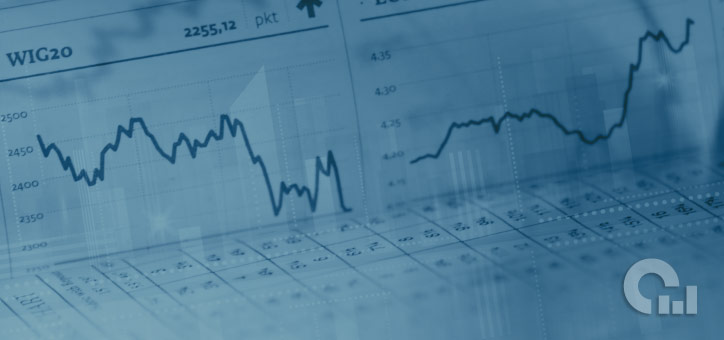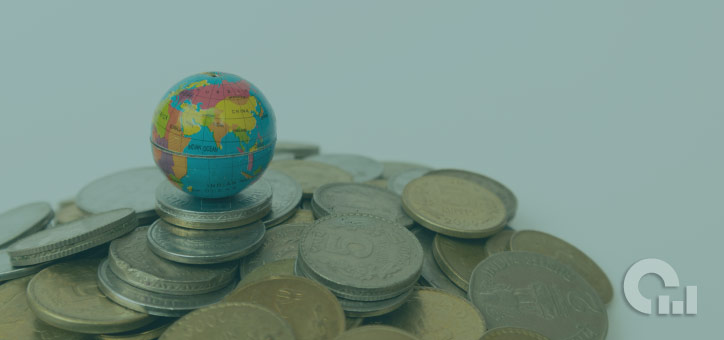Economics, a social science, is the study of how individuals, businesses, governments, and countries produce, supply, and consume goods and services.
This topic is rooted in finance, psychology, social science, history, math, and statistics, so if you study economics, you will also be exploring other important subjects as well.
Economics is further divided into two areas: macroeconomics and microeconomics. Macroeconomics focuses on how an overall economy operates on a large scale. For example, an entire country’s economy would fall under the study of macroeconomics.
On the other hand, microeconomics focuses on the interactions between individual consumers and producers. Let’s take a closer look at the topic of microeconomics and what it entails.
Related: Best Online Economics Degrees
What Is Microeconomics?
Microeconomics studies an individual, household, or business firm’s business behavior and decisions. More specifically, this area of economics focuses on the interactions between the individuals who buy the products (the consumers) and the individuals who sell the products (the producers).
Microeconomics examines the choices and behaviors of individuals in response to changes in resources, prices, incentives, and production methods. However, this science does not try to explain what should happen in a market; instead, it explains how various factors affect decisions in both the producers and consumers.

The following terms are important to know when understanding microeconomics:
- Goods: items or services sold
- Market: the place or means by which the exchange of goods takes place, whether through direct buying and selling or through a third party.
- Profits: when the producer earns an excess of revenue.
- Supply: the number of goods that a producer supplies at a given price.
- Demand: the consumer’s desire to purchase goods and willingness to pay a specific price for it.
- Scarcity: a gap between limited resources and a market’s need.
- Utility: the value consumers get from making a choice to buy a product.
- Factors of Production: the inputs needed to create a good or service, which includes land, labor, entrepreneurship, and capital.
Related: Ultimate Guide to Economics
Basic Concepts of Microeconomics
Studying microeconomics involves some basic concepts and theories, including but not limited to the following:
Utility (Consumer) Theory
Utility Theory, also called Consumer Theory, is the study of how people spend their money based on their preferences and, of course, their budgets. The idea behind Utility Theory is that consumers will buy products that will give them the highest levels of happiness and benefit for the amount they can afford to spend. When producers understand how consumers think and what they will spend, they can better predict which of their products will sell most effectively.
Production Theory
Production theory examines the process that individuals and businesses go through when they decide to examine their inputs in order to produce their goods. In other words, producers use their inputs to decide how to minimize their costs and maximize their outputs, thus making a profit.
Supply and Demand
The theory of supply and demand is one of the most fundamental topics in microeconomics. The relationship between supply and demand influences the decisions made by the producer, such as how many products to produce and how much each one should cost. The law of demand says that consumers will demand less of a good if the prices are higher. The law of supply states that sellers will supply more of a good at higher prices.
Generally, low supply and high demand will increase prices, and high supply and low demand will decrease prices. The goal of supply and demand is to reach an equilibrium point.
Equilibrium Point
In a free economy, the equilibrium point is the point at which the total quantity of goods demanded equals the quantity of goods supplied. Equilibrium represents a sort of agreement between producers and consumers for a product or service.
Incentives and Behaviors
Microeconomics examines what motivates either a producer or consumer to do something. Incentives are generally financially related, which will then result in certain behaviors. Ultimately, microeconomics studies human interactions. It looks at how individuals and firms react to situations as well as how consumers react.
Related: What Is Business Economics?
What Is the Importance of Studying Microeconomics?
Every single person in the world is affected by microeconomics. As a producer, you will use microeconomics to make rational decisions in your business in order to earn the most profit. As a consumer, you want to make sure you are making wise buying choices to maximize utility.
In addition, microeconomics helps us understand macroeconomics and the workings of our nation’s economy. The entire economy is complex, but by understanding the basics of microeconomics, you can understand how the economy functions.
Microeconomics impacts everyone, and whether you want to study it in school or you are just interested in the topic, understanding the basics will open your eyes to how the economy works on an individual, local, national, and global basis.
Related:
- What Is Specialization in Economics?
- Most Affordable Online Economics Degrees
- Best Online Masters in Economics






